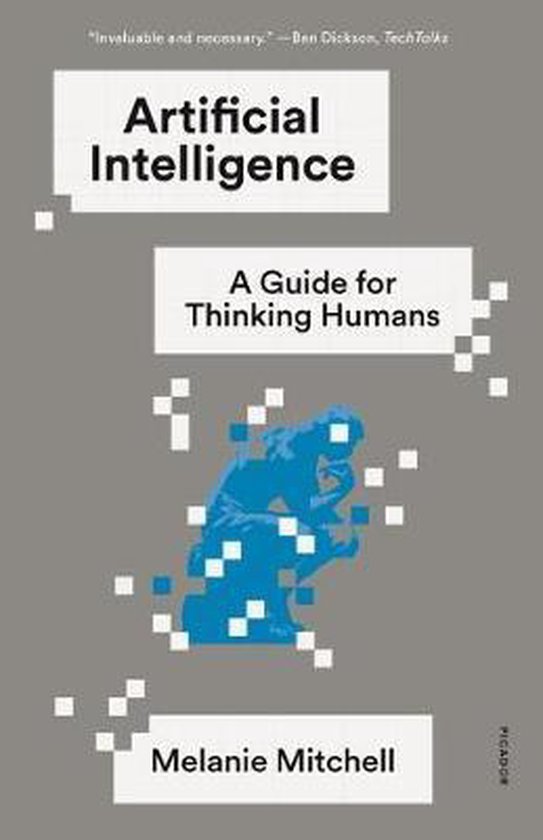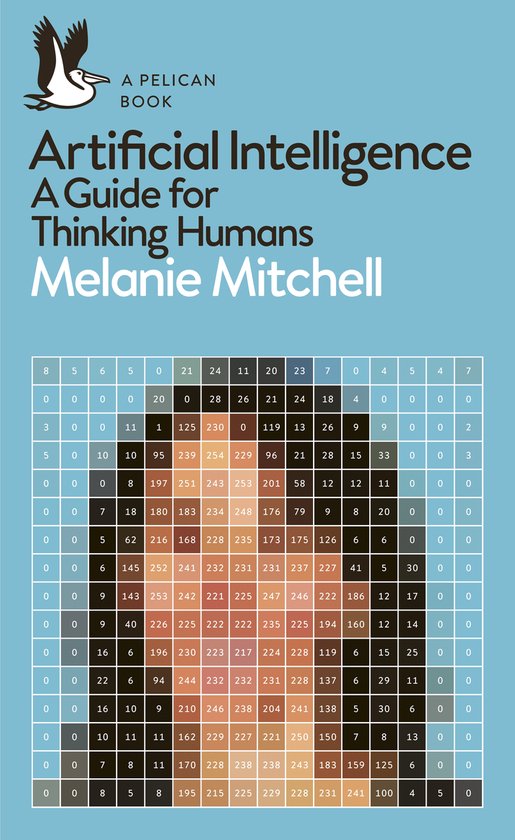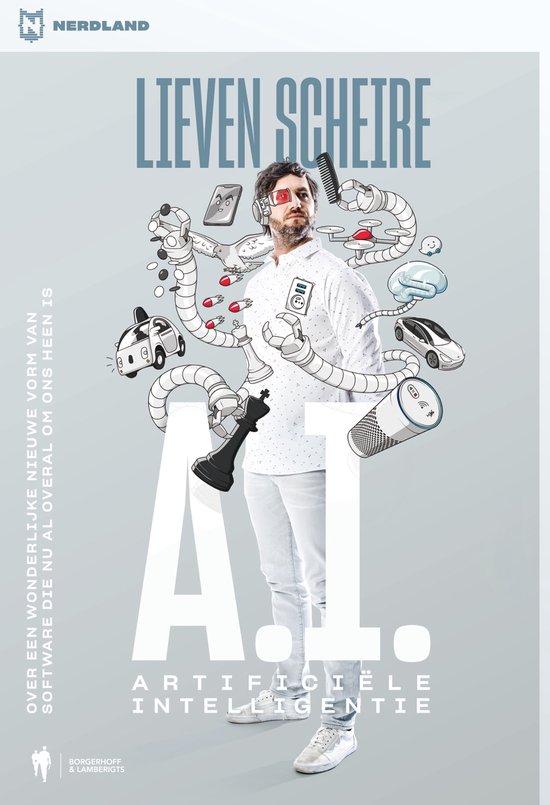
Artificial Intelligence
Artificial Intelligence is often perceived as being a highly complicated, even frightening, subject in Computer Science. This view is compounded by books in this area being crowded with complex matrix algebra and differential equations – until now. This book, evolving from lectures given to students with little knowledge of calculus, assumes no prior programming experience and demonstrates that most of the underlying ideas in intelligent systems are, in reality, simple and straightforward. The main attraction of the author's approach is in his deliberate de-emphasising of the maths – just enough to give a valid treatment of the subject. This is what makes the underlying ideas in AI so much easier to understand. No wonder that this book has already been adopted by more than 250 universities around the world and translated into many languages.
Are you looking for a genuinely lucid, introductory text for a course in AI or Intelligent Systems Design? Perhaps you’re a non-computer science professional looking for a self-study guide to the state-of-the art in knowledge-based systems? Either way, you can’t afford to ignore this book.
Covers:
- Rule-based expert systems
- Fuzzy expert systems
- Frame-based expert systems
- Artificial neural networks
- Evolutionary computation
- Hybrid intelligent systems
- Knowledge engineering
- Data mining
New to this edition:
- New chapter on data mining and knowledge discovery
- New section on clustering with a self-organising neural network
- Four new case studies
- Completely updated to incorporate the latest developments in this fast-paced field.
Dr Michael Negnevitsky is a Professor in Electrical Engineering and Computer Science at the University of Tasmania, Australia. The book has developed from his lectures to undergraduates. Educated as an electrical engineer, Dr Negnevitsky’s many interests include artificial intelligence and soft computing. His research involves the development and application of intelligent systems in electrical engineering, process control and environmental engineering. He has authored and co-authored over 300 research publications including numerous journal articles, four patents for inventions and two books.
Negnevitsky shows students how to build intelligent systems drawing on techniques from knowledge-based systems, neural networks, fuzzy systems, evolutionary computation and now also intelligent agents. The principles behind these techniques are explained without resorting to complex mathematics, showing how the various techniques are implemented, when they are useful and when they are not. No particular programming language is assumed and the book does not tie itself to any of the software tools available. However, available tools and their uses are described, and program examples are given in Java.
The lack of assumed prior knowledge makes this book ideal for any introductory courses in artificial intelligence or intelligent systems design, while the contemporary coverage means more advanced students will benefit by discovering the latest state-of-the-art techniques, particularly in intelligent agents and knowledge discovery.
| Auteur | | Michael Negnevitsky |
| Taal | | Engels |
| Type | | Paperback |
| Categorie | | Computers & Informatica |





